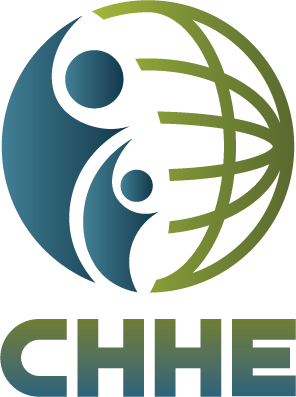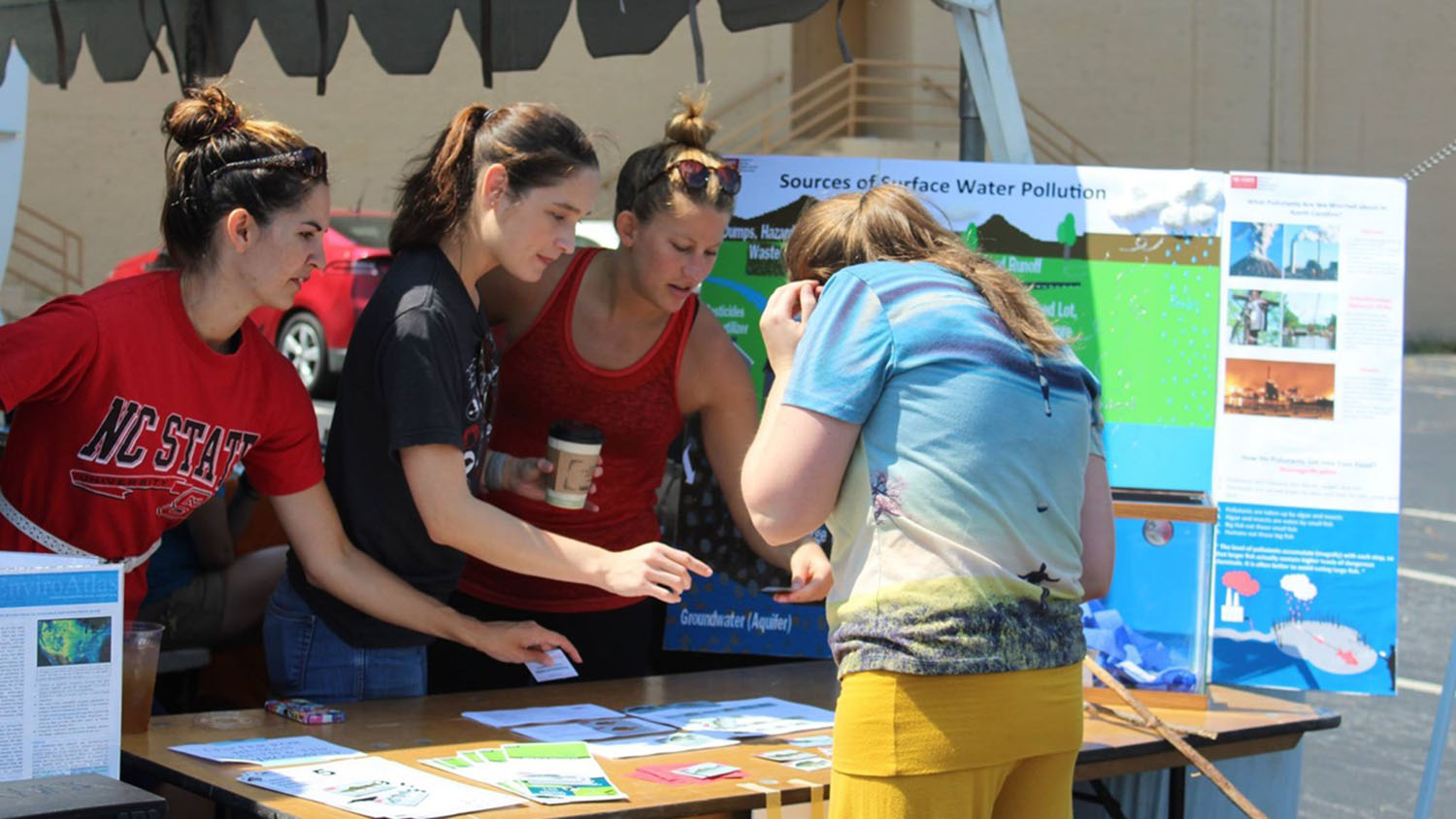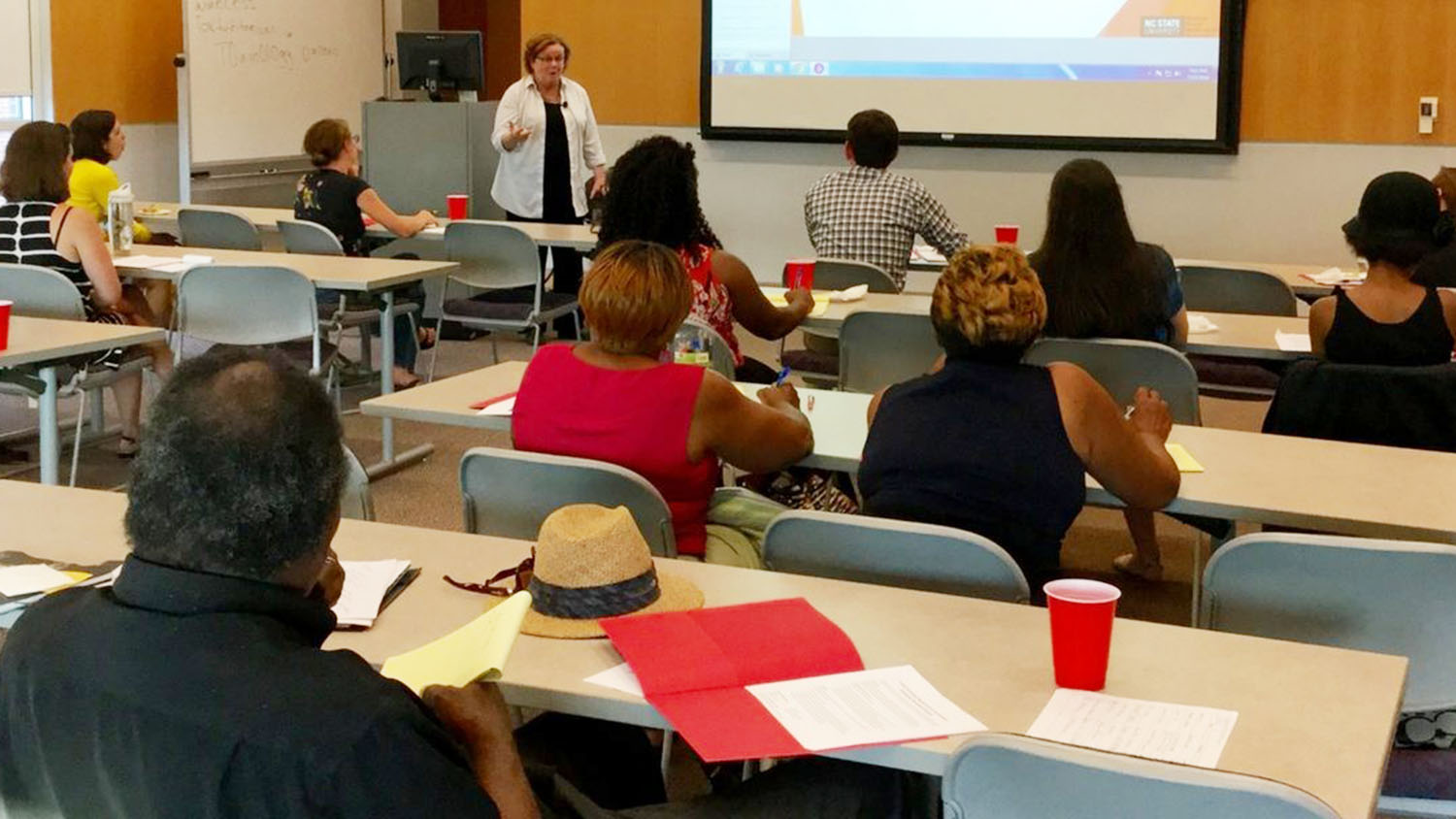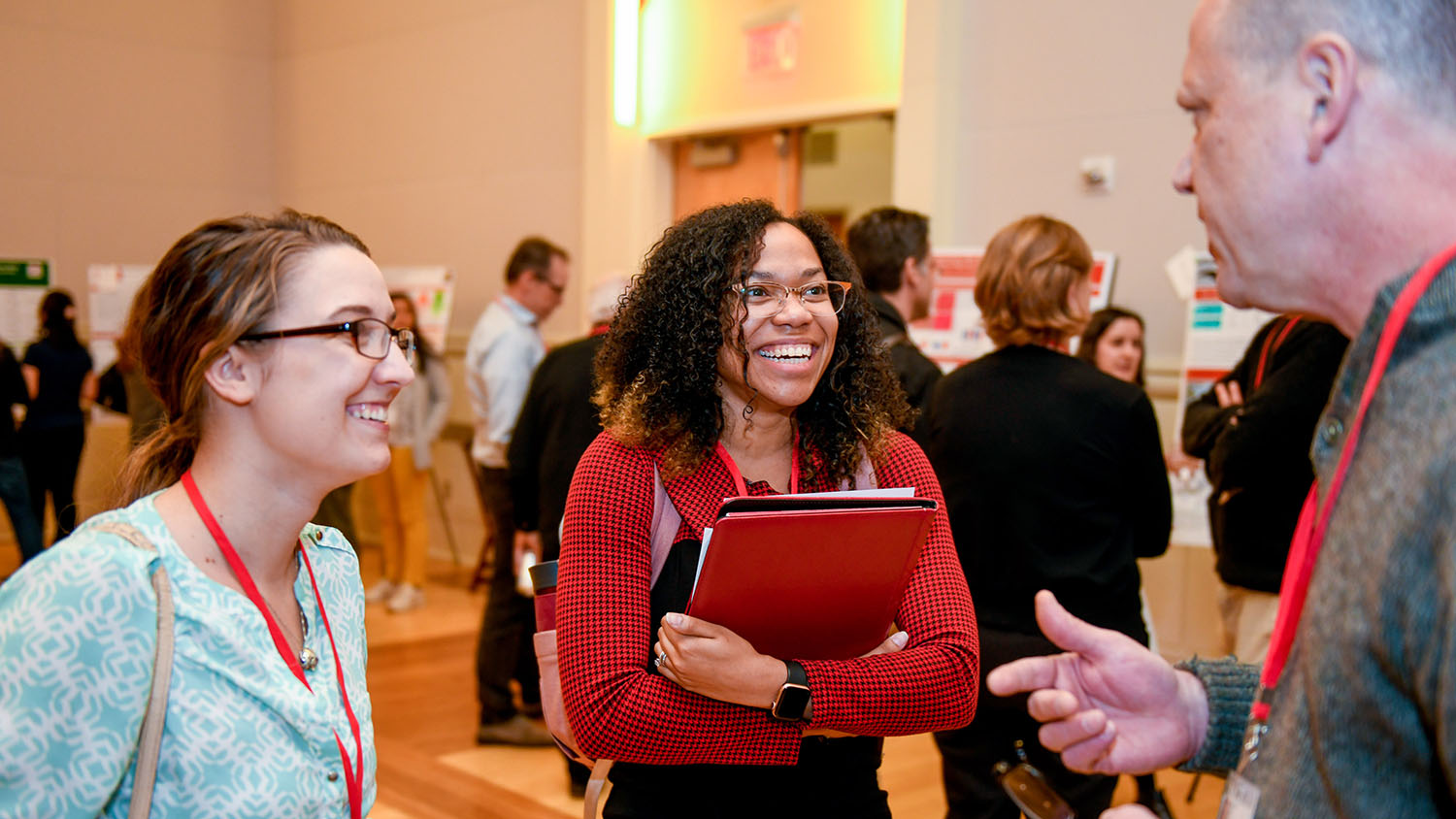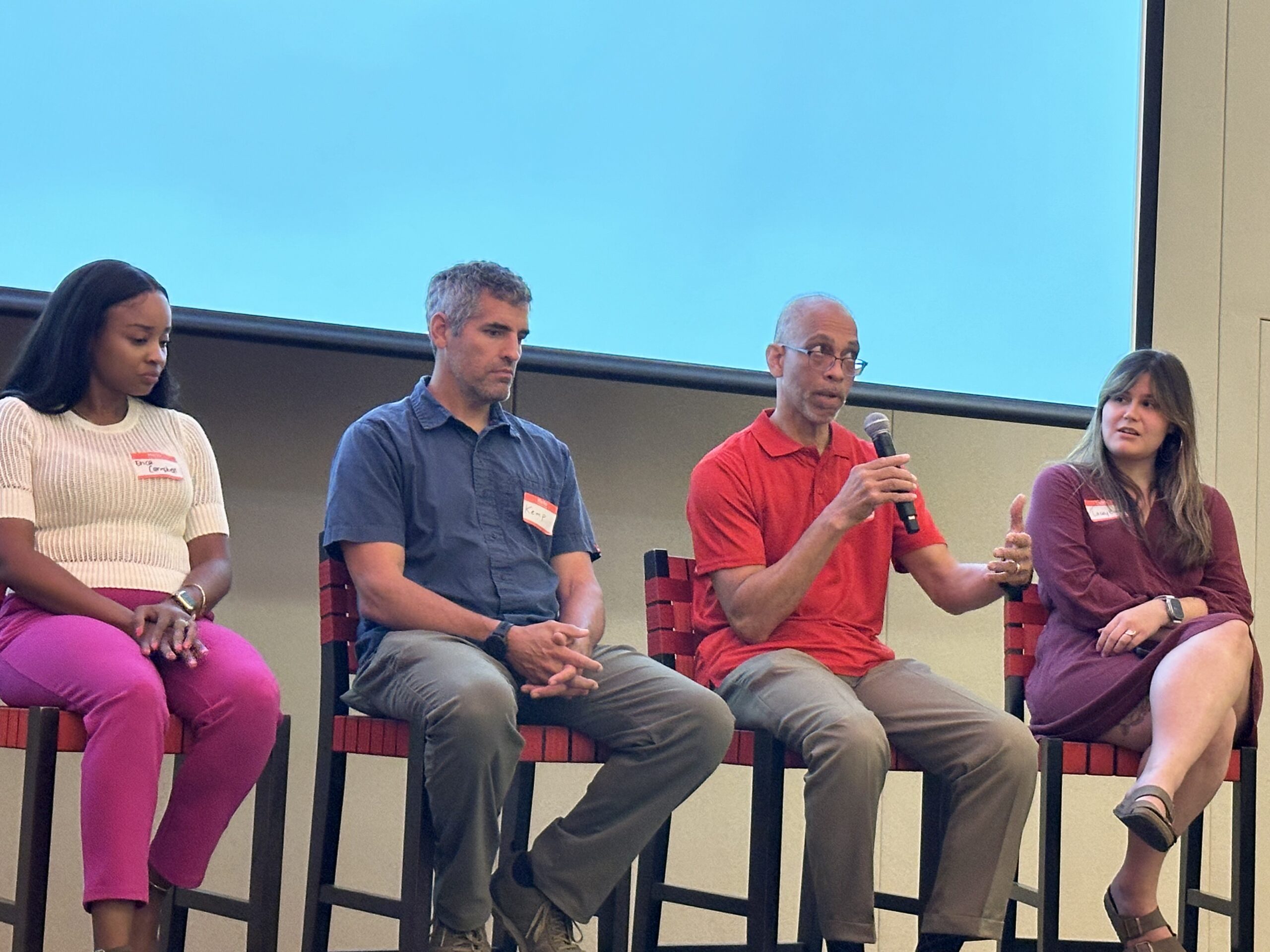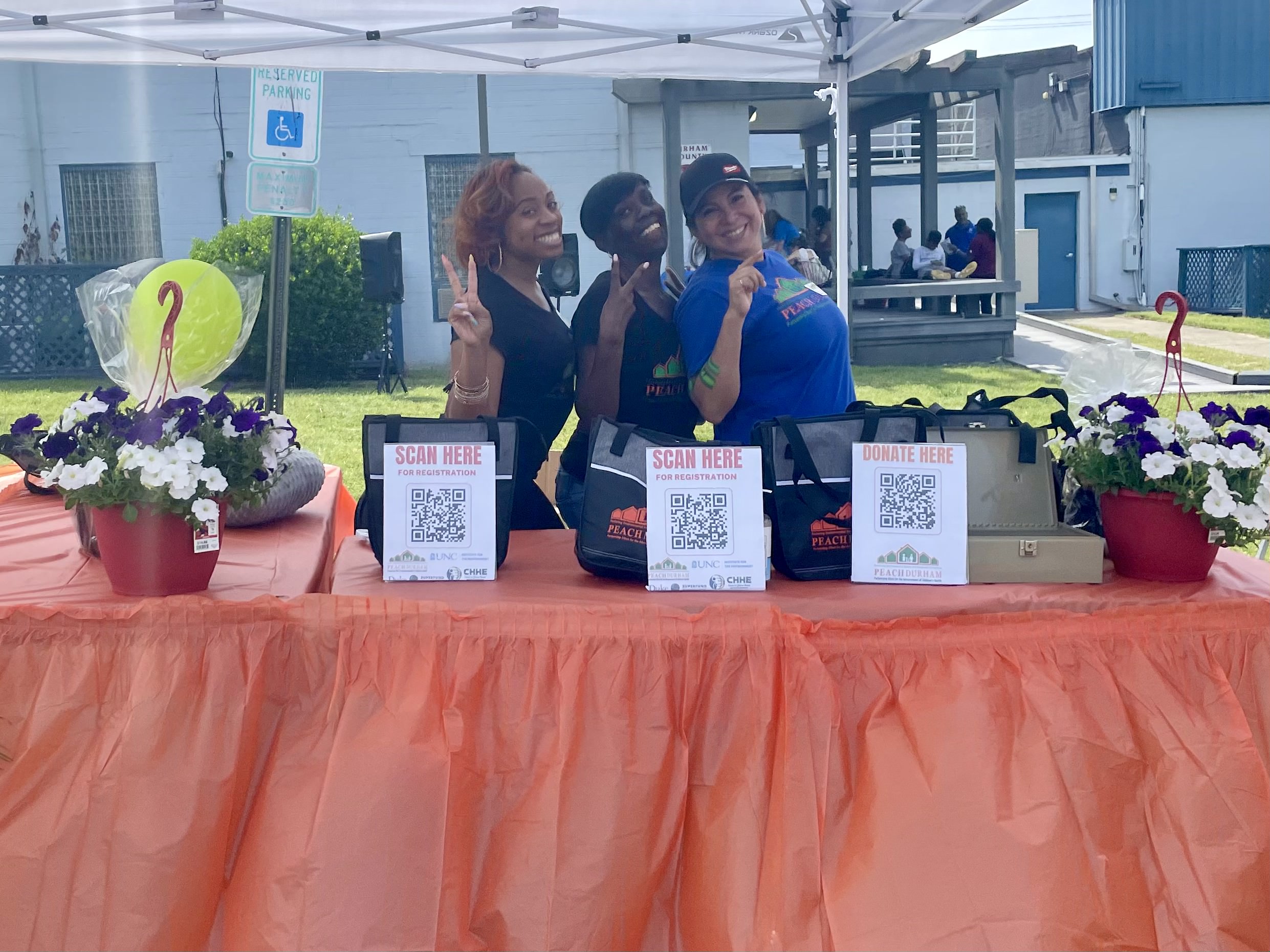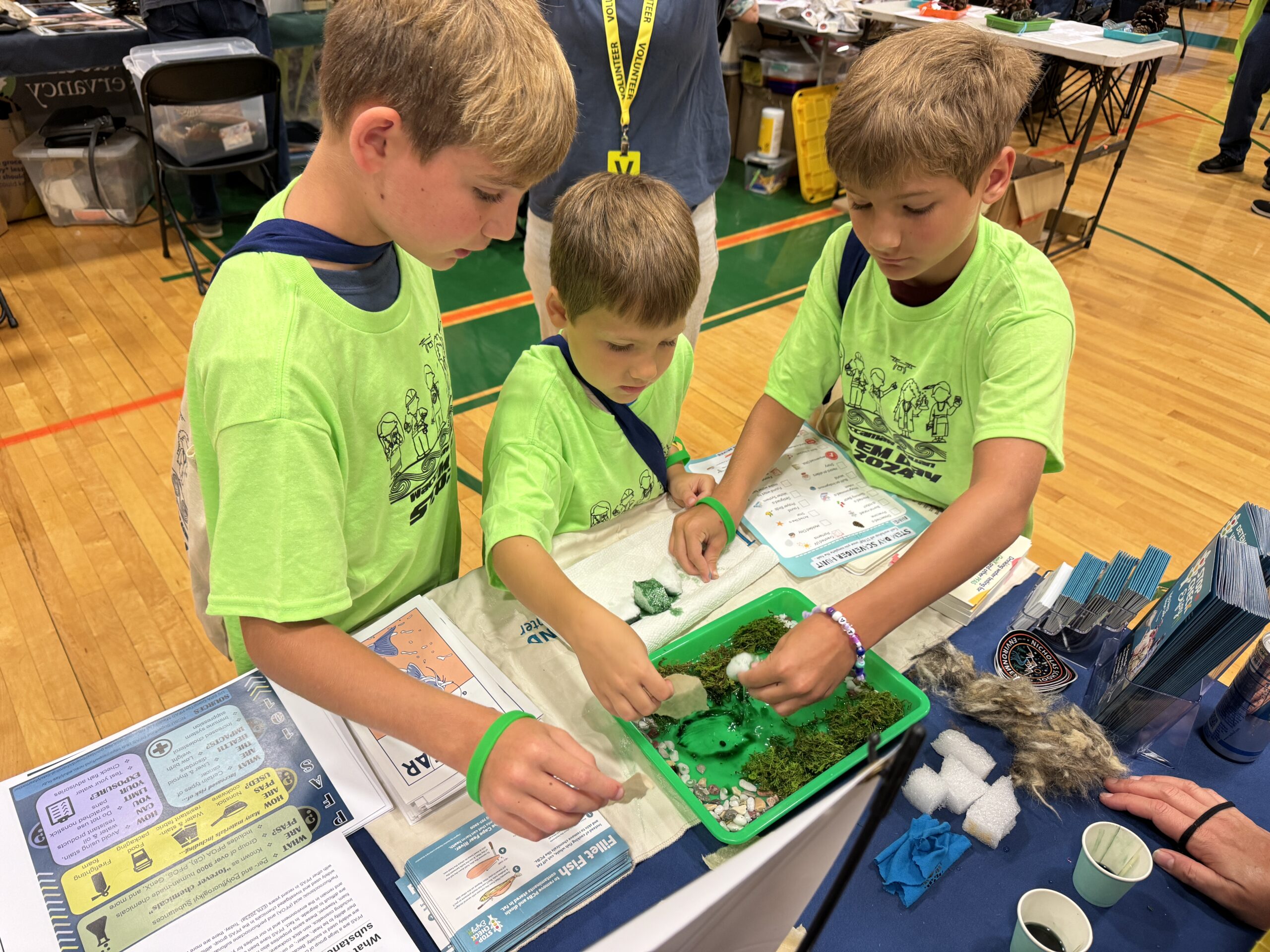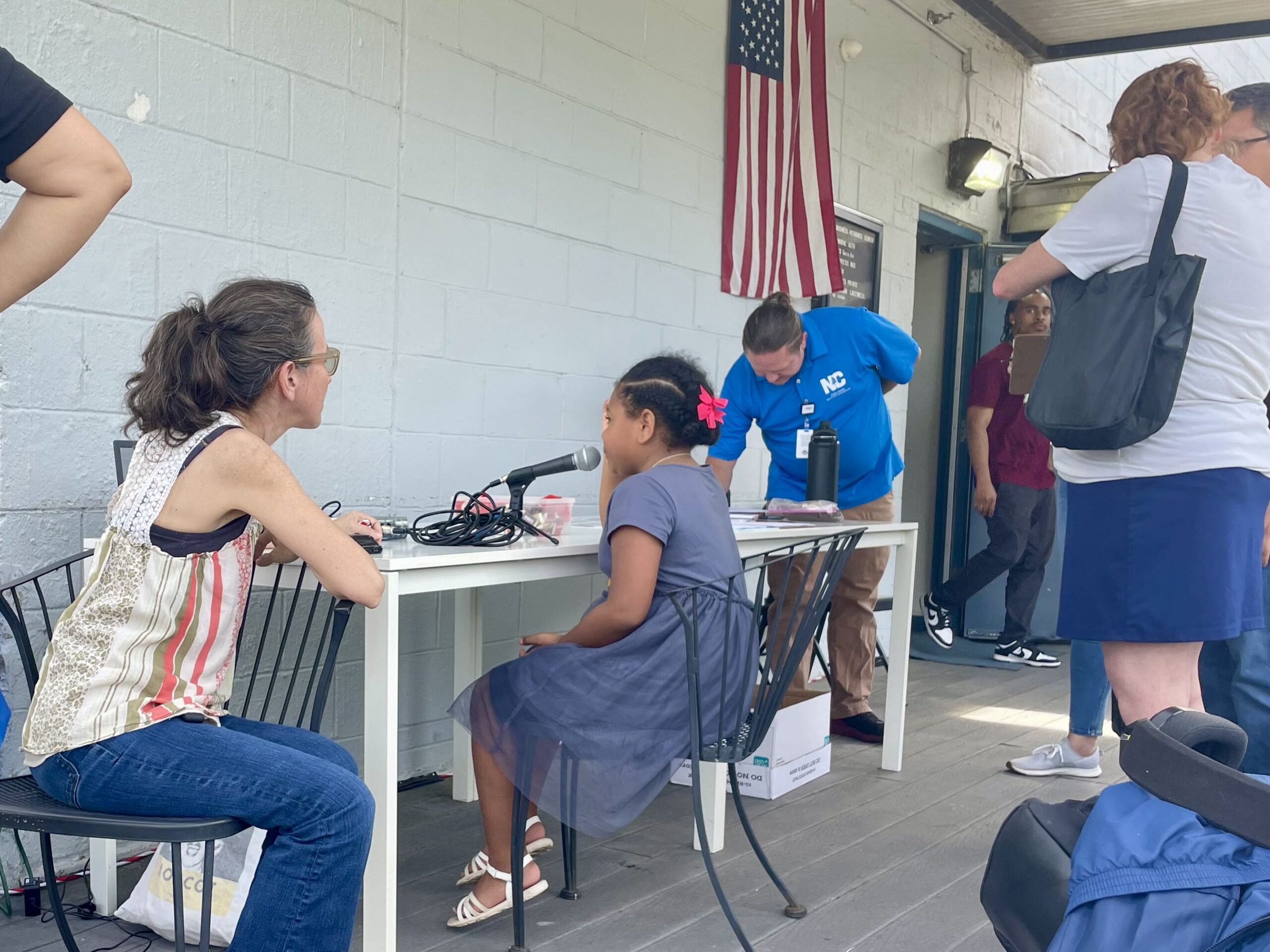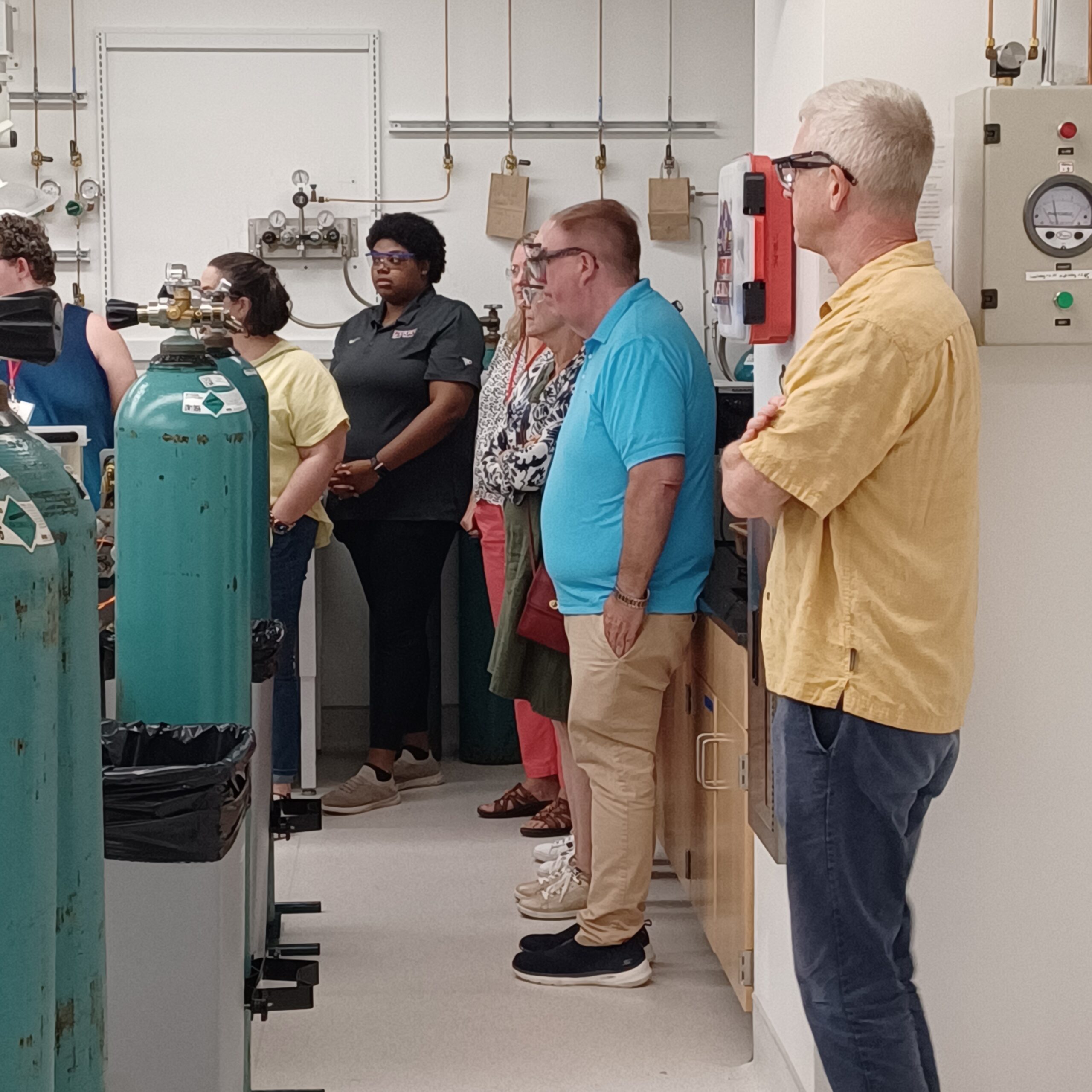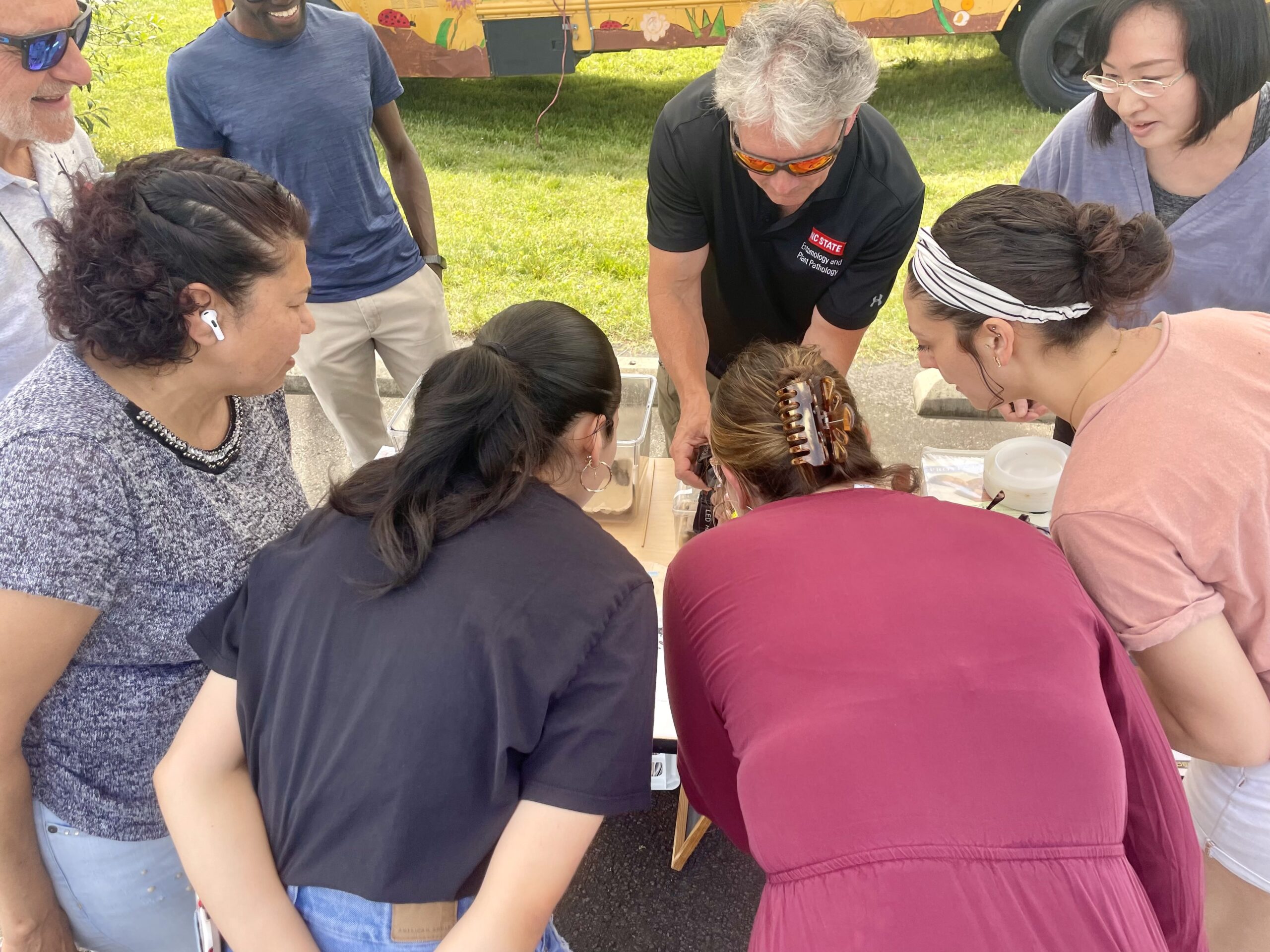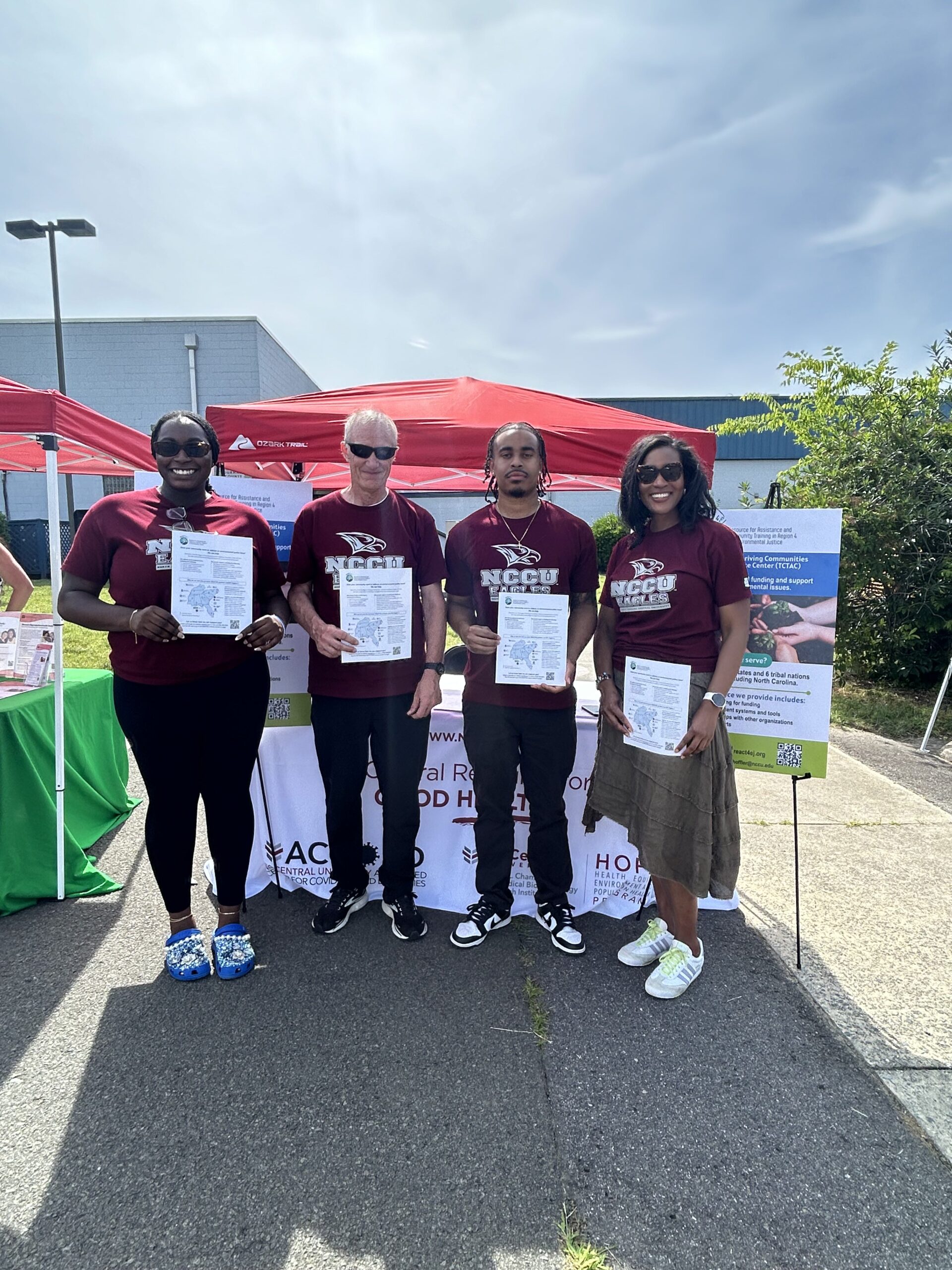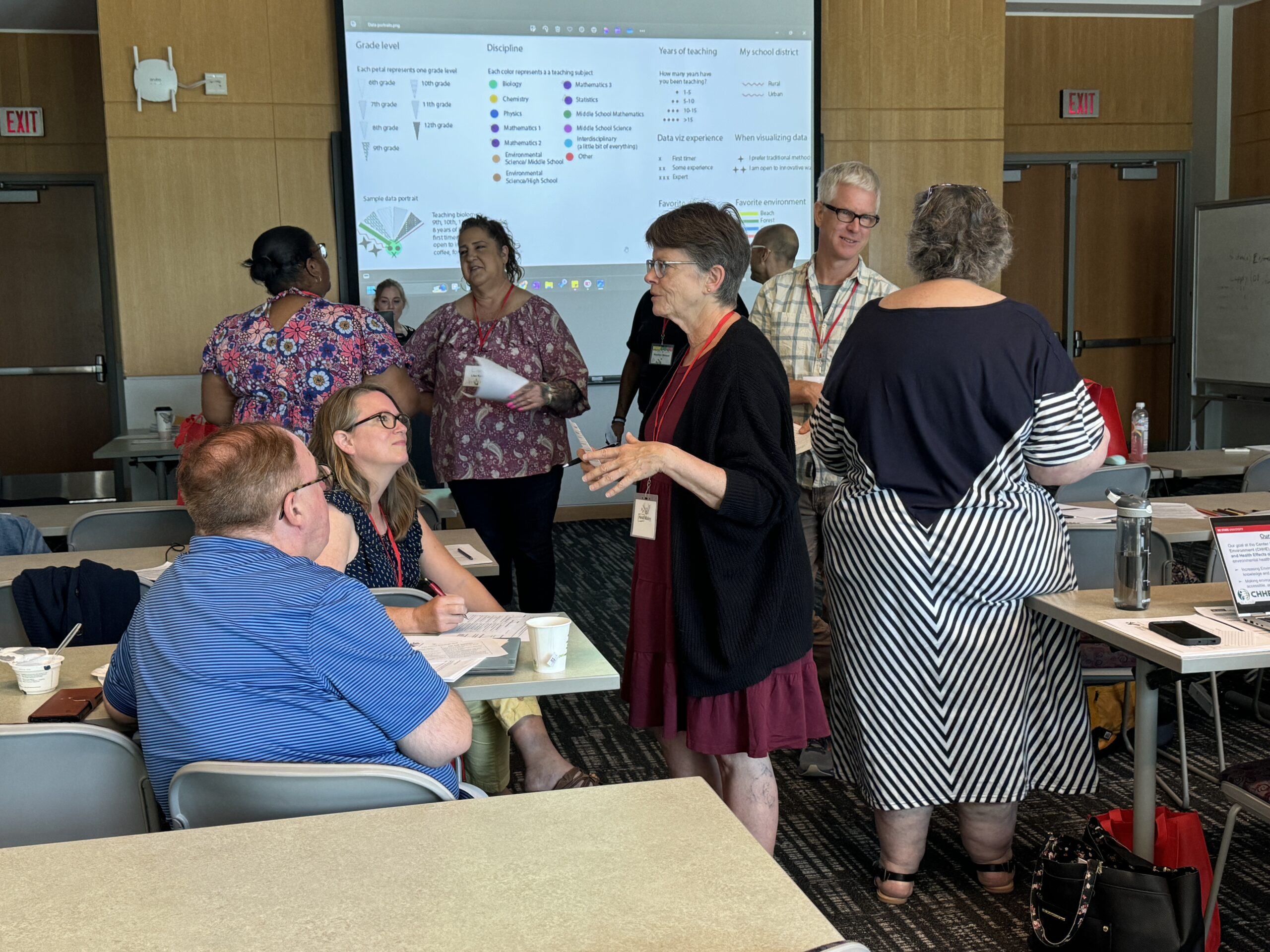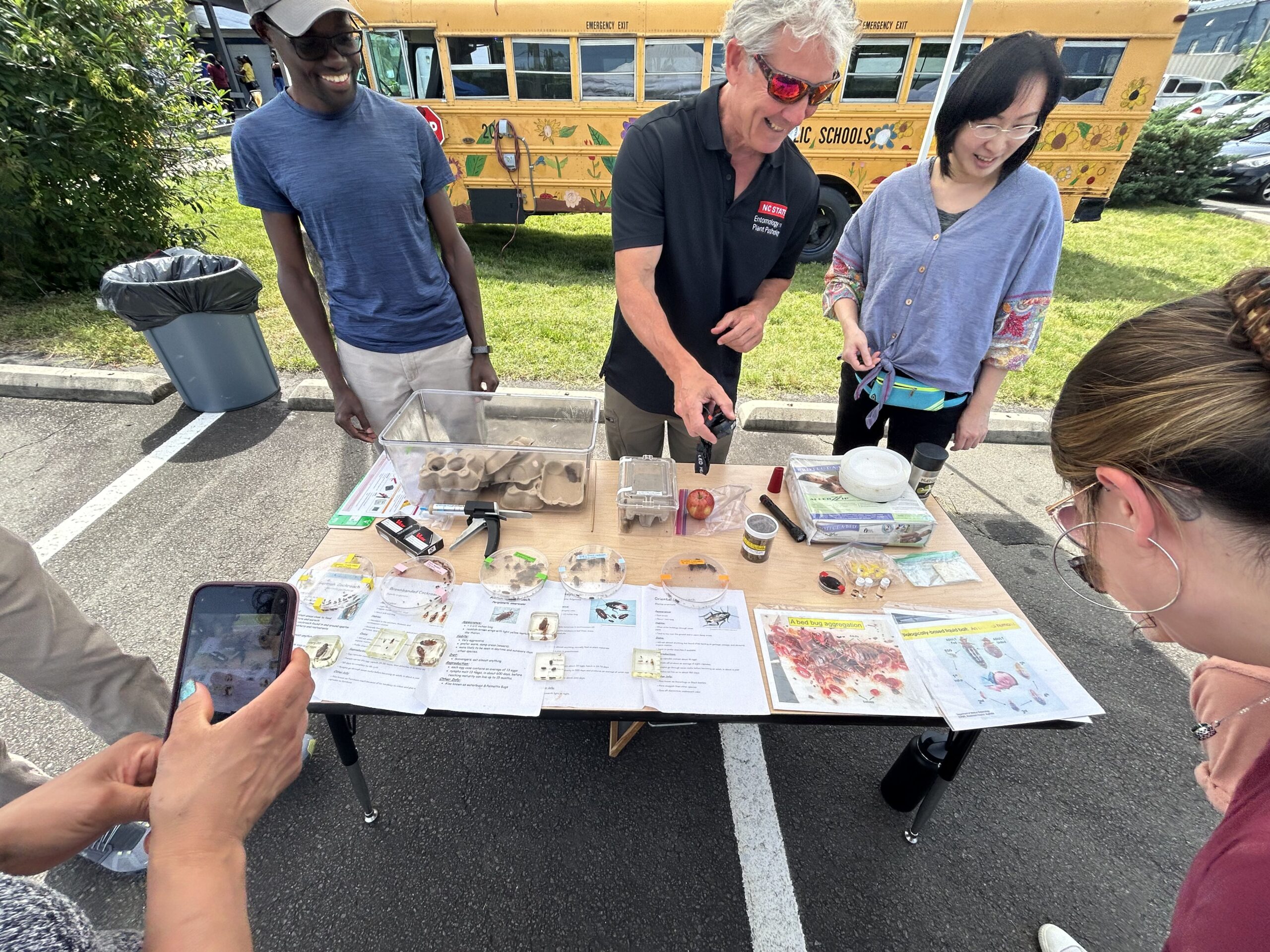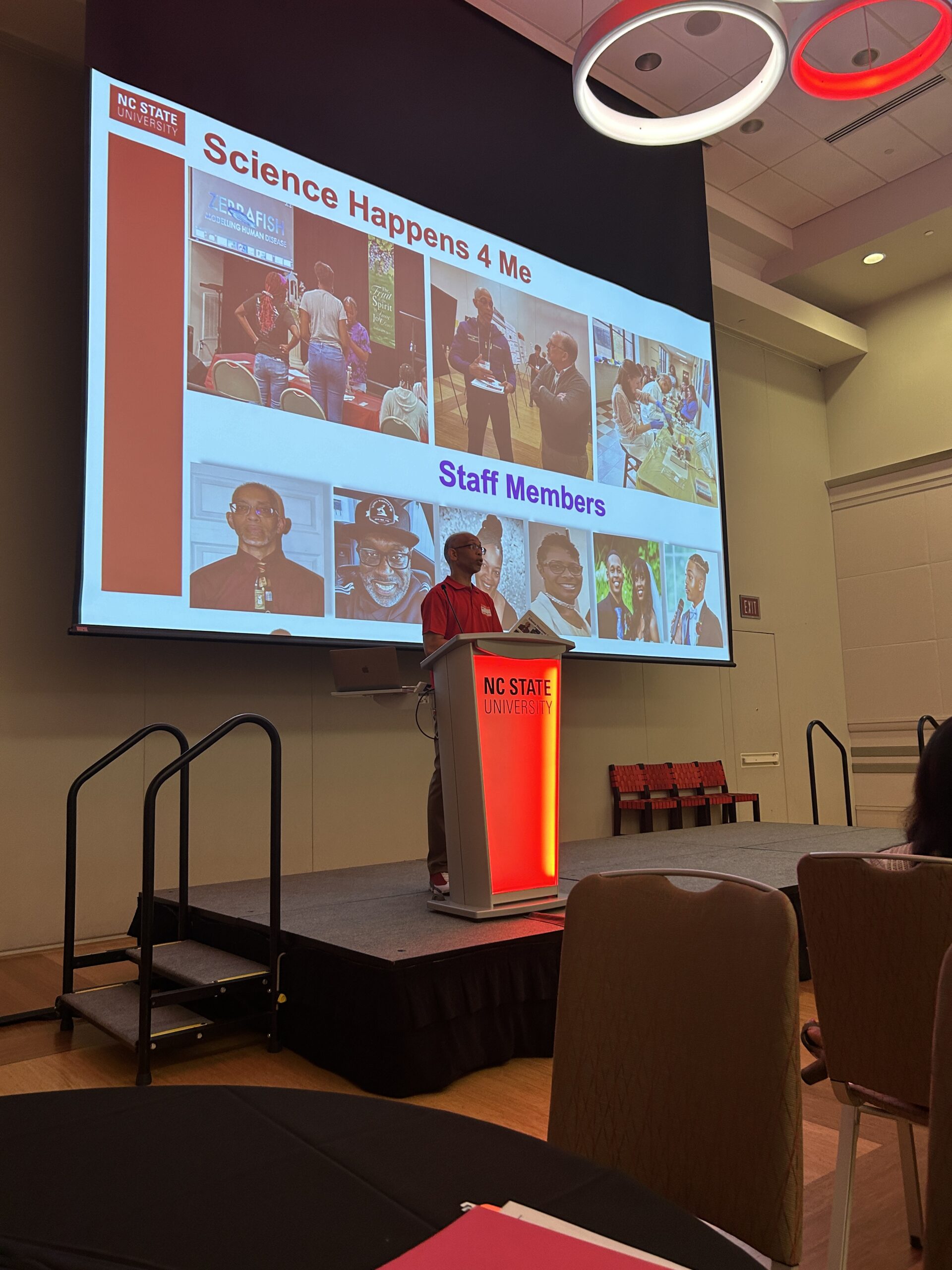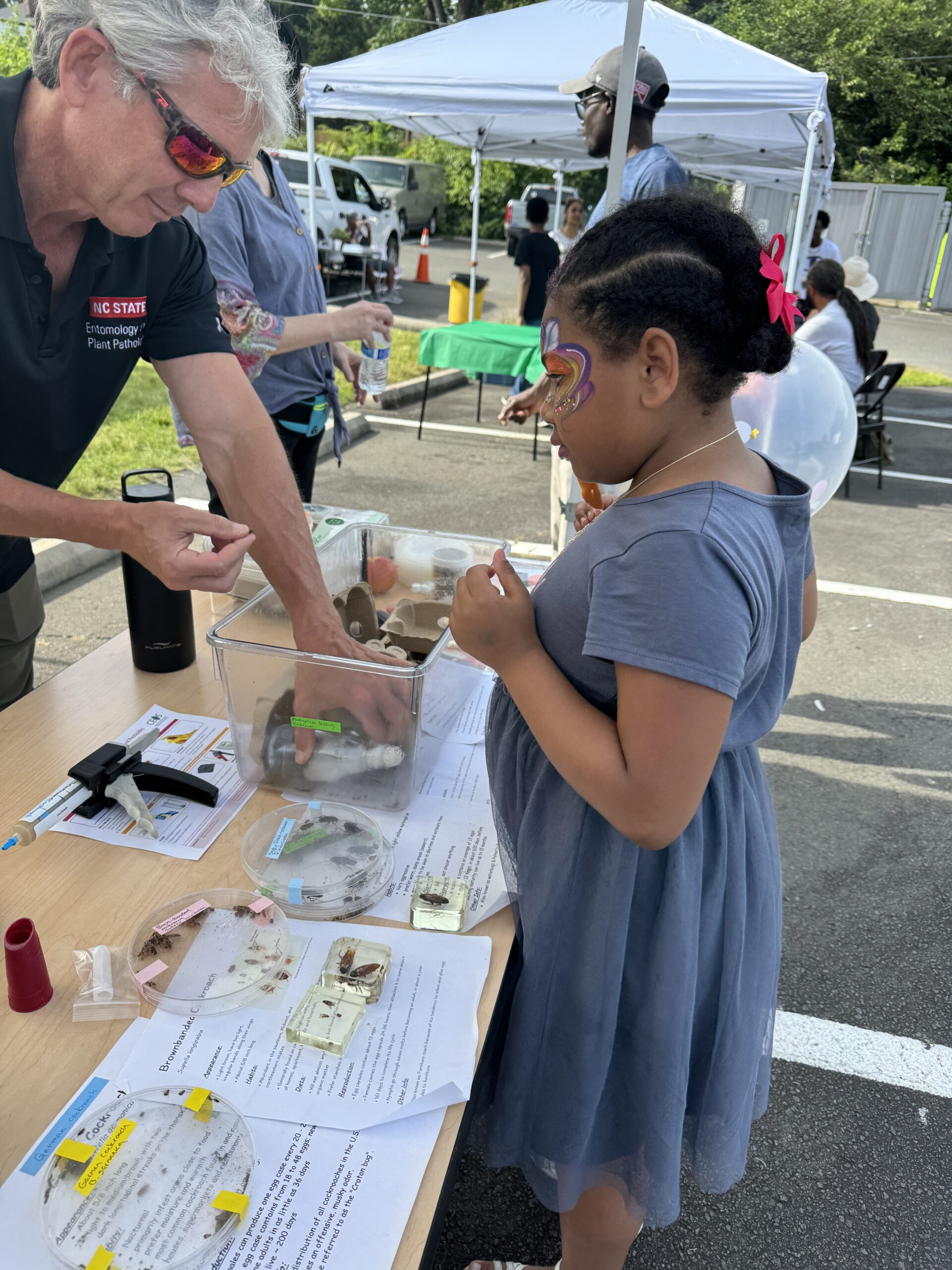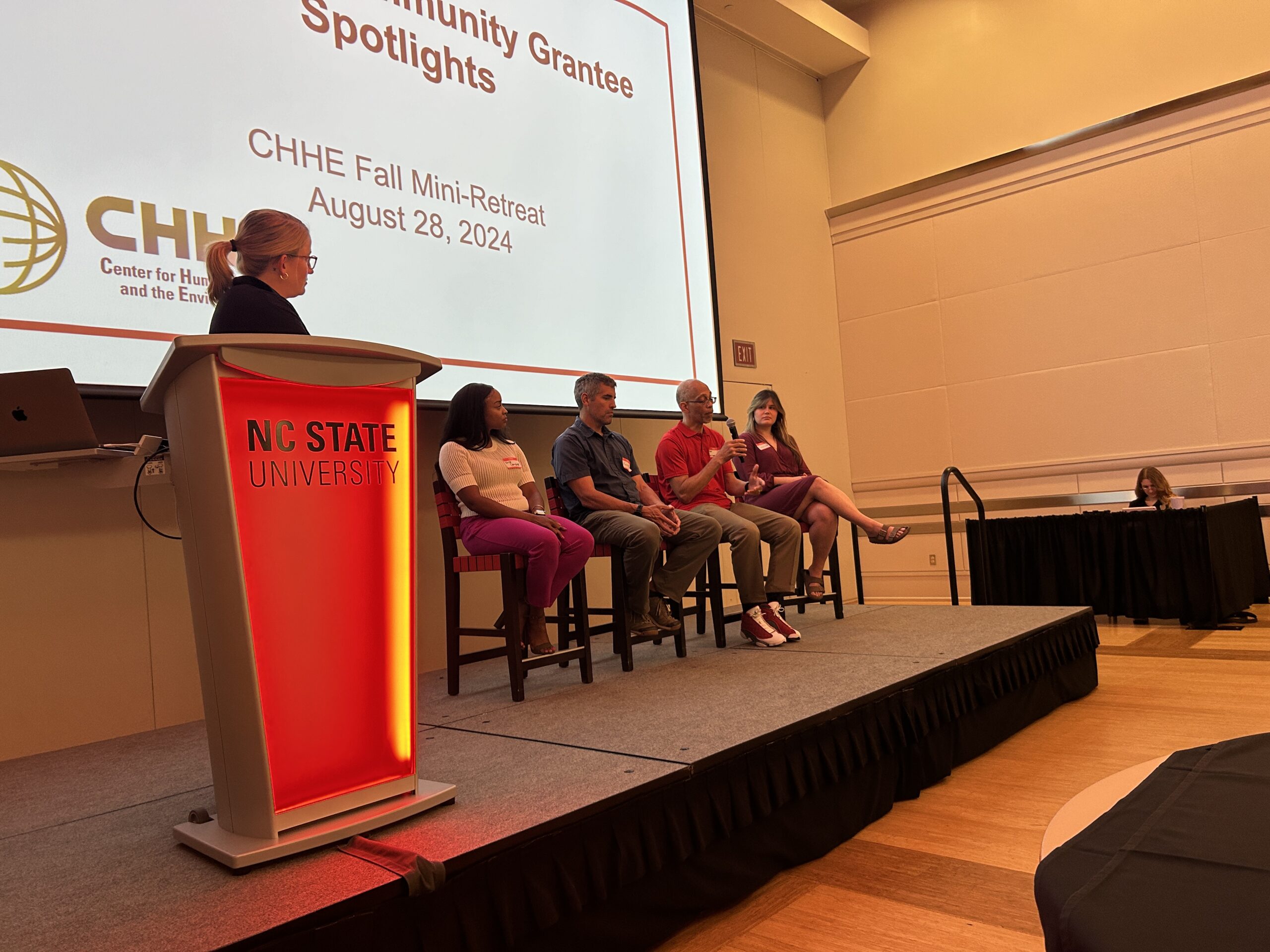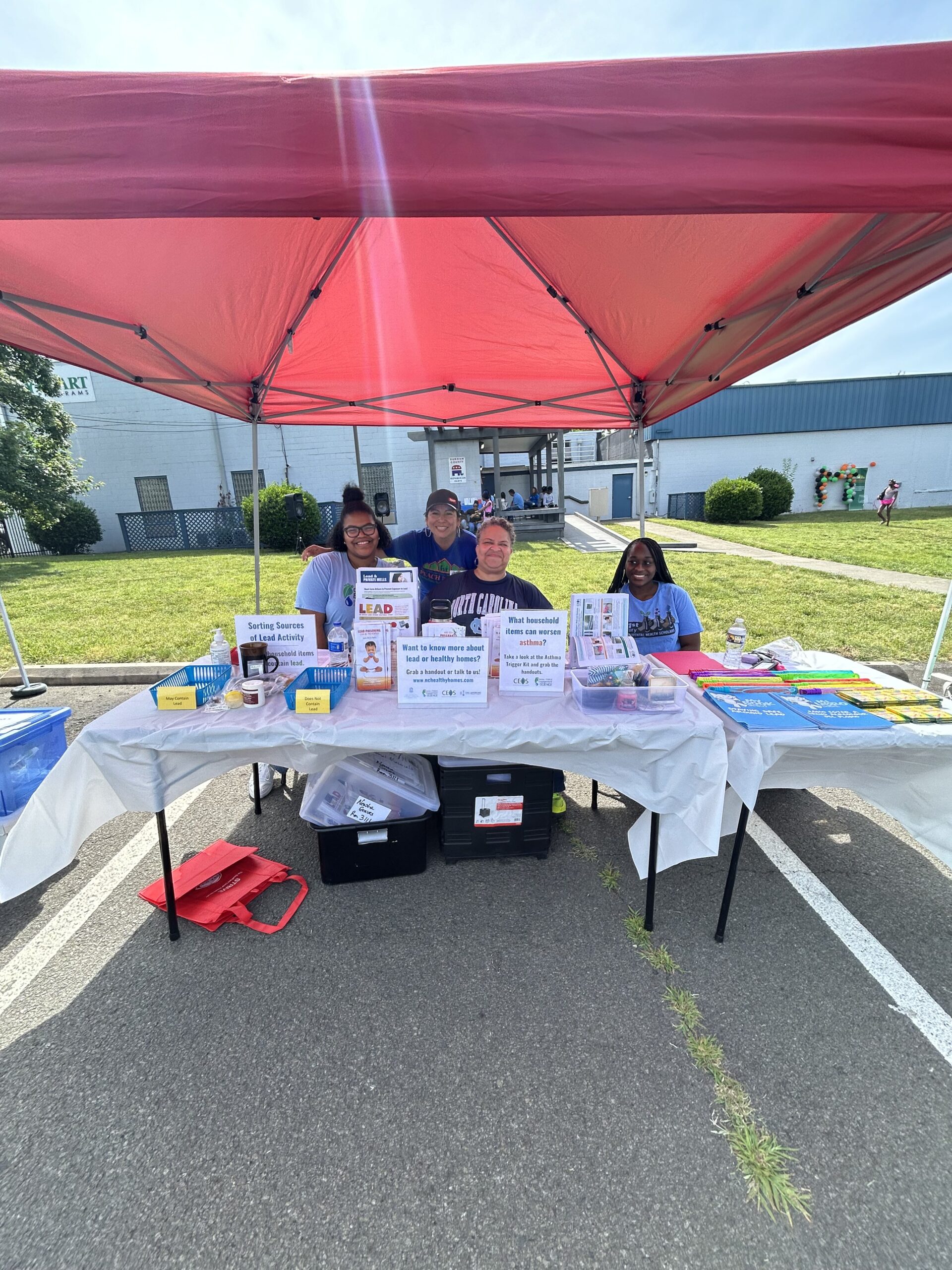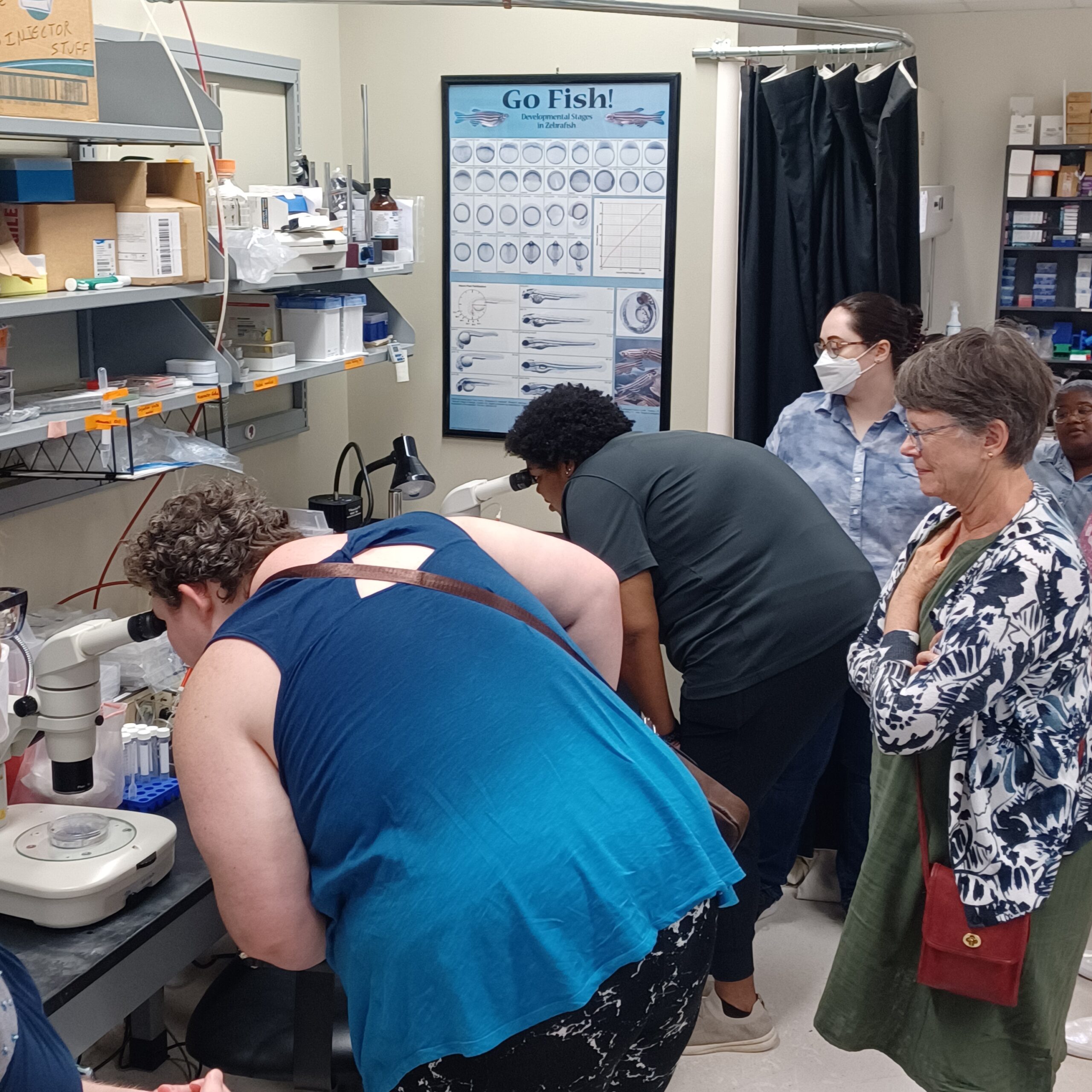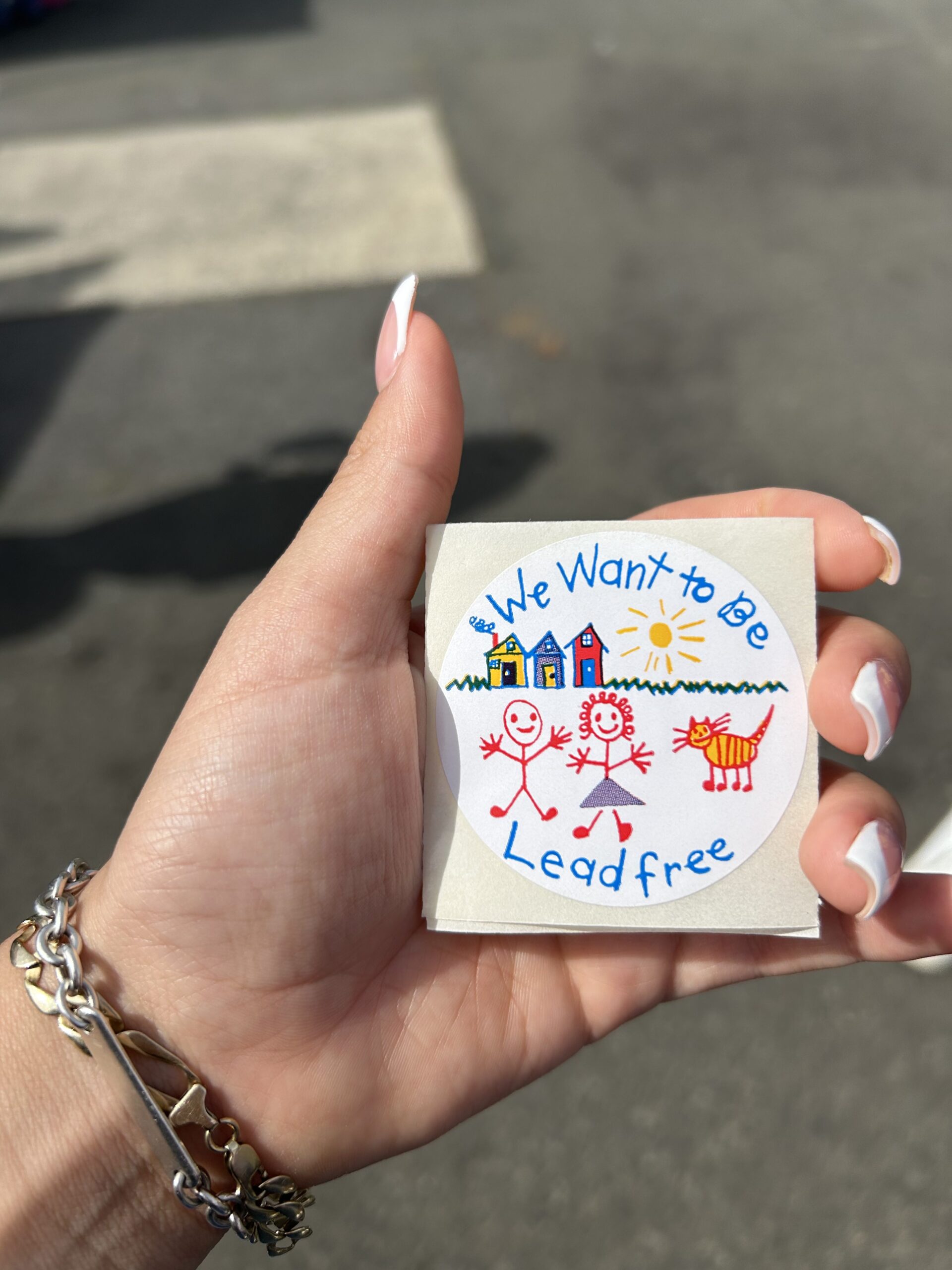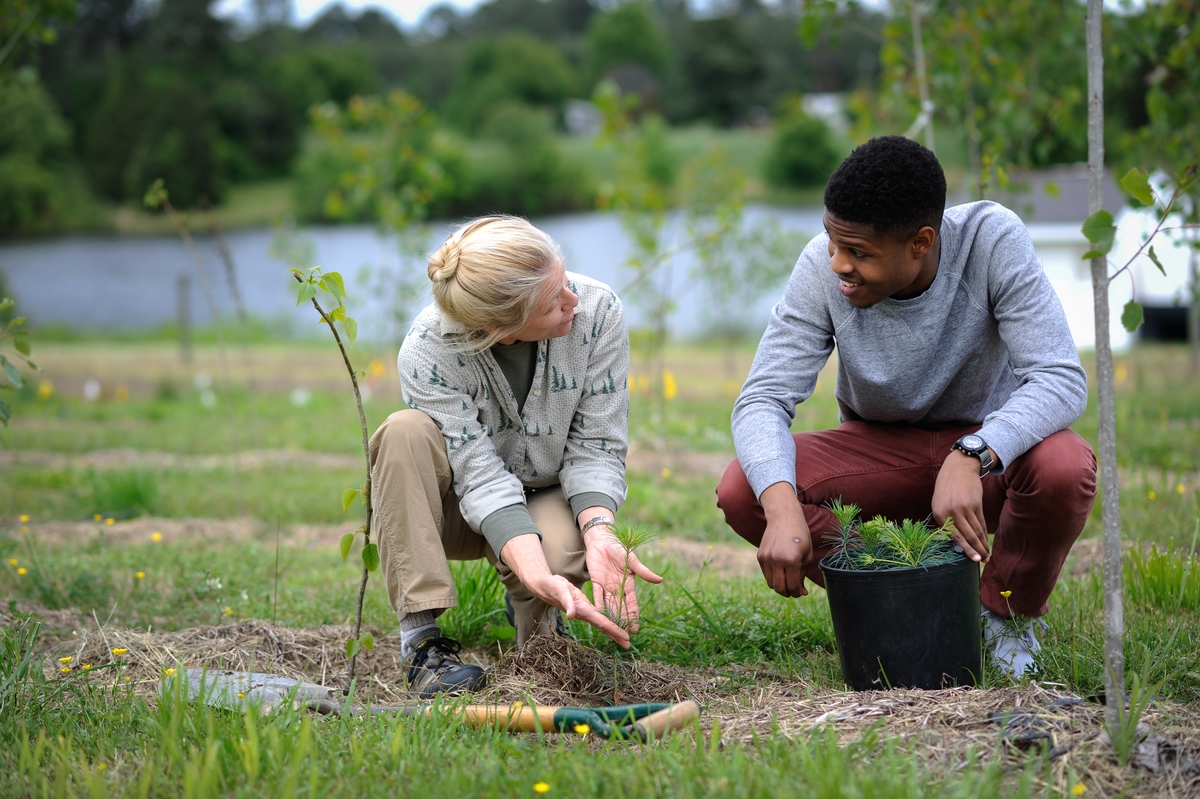
Community Engagement Core
Building a bridge between CHHE research and our community partners and stakeholders.
The Community Engagement Core (CEC) is the bridge between CHHE research and our community partners and stakeholders. We work closely with educators and community groups in central and eastern North Carolina, including Durham, Raleigh and Wilmington, raising awareness of environmental health issues and increasing environmental health literacy, determining the environmental exposures faced by our partner communities in their everyday lives, and forging new paths in encouraging researchers and residents to collaborate to on environmental health research, and solve local problems.
The CEC engages in dialogue and learning, providing information, educational resources, and engagement expertise to individuals, communities, educators, and Center members to further scientific collaborations, disseminate research-based information, and develop the capacity of community members and professionals to understand and respond to environmental health concerns.
See what our stakeholders have to say.
We work closely with educators and community groups in central and eastern North Carolina, including Durham, Raleigh, Wilmington and surrounding communities.
The CEC is led by co-Directors Andrew (Andy) Binder and Katlyn (Katy) May, with staff support from Lacey Brown.
Andrew Binder, PhD | arbinder@ncsu.edu | 919-515-9750
Dr. Binder is a tenured associate professor in the Department of Communication whose research focuses on people’s concerns related to science, technology, and risk and understanding how people make sense of these topics. His published research has focused on a variety of issues, from public opinion of climate change, to social media conversations about nuclear power, and to community controversies surrounding the building of a new national biological research facility in the mainland United States. Dr. Binder coordinates scholarly exchanges of ideas between Center members and other researchers at NC State, consults with Center members on the integration of community engagement into their research projects, and trains Center members in social science perspectives on environmental health research.
Katlyn May, PhD | kmay2@ncsu.edu | 919-515-2681
Dr. May is a community engagement practitioner and has been with CHHE since 2015. She oversees the CEC’s day-to-day communication, education, and engagement efforts. She received her doctoral degree in Science Education, with a focus on environmental health literacy related to research translation and report back. Her research interests include EHL, public perceptions of environmental health, program evaluation, and effective science communication strategies.
Lacey Brown | lrbrown4@ncsu.edu |
Ms. Brown is a Community Engagement Specialist with the Community Engagement Cores for CHHE and the Center for Environmental and Health Effects of PFAS. She holds a master’s degree in climate change communication from NC State University and is certified in climate adaptation. Lacey is particularly interested in how art and media can be used to engage new audiences with scientific concepts. She helps support the daily operations of the CEC and manages ongoing CEC projects and programs.
Recent CEC Events
Stakeholder Advisory Board
Our Stakeholder Advisory Board informs Center research and engagement initiatives. The Board is composed of 16 community-engaged professionals with invaluable expertise that relate to Center research themes and translational goals. As a Center, we cannot reach or collaborate with each and every educator or organization in our state, and our Board drastically increases the breadth and depth of our Center’s engagement. SAB members demonstrate variety in geography, demographics, expertise, and organizational assets. As an integral part of the Center, our SAB helps guide how research is translated and transformed into public health knowledge. While the CEC is responsible for assembling the SAB, it serves the entire Center; advancing Environmental Health Science research via community-based needs. SAB members serve two year terms, attend in-person CHHE events, and meet twice per year to discuss local EHS research and priorities.
